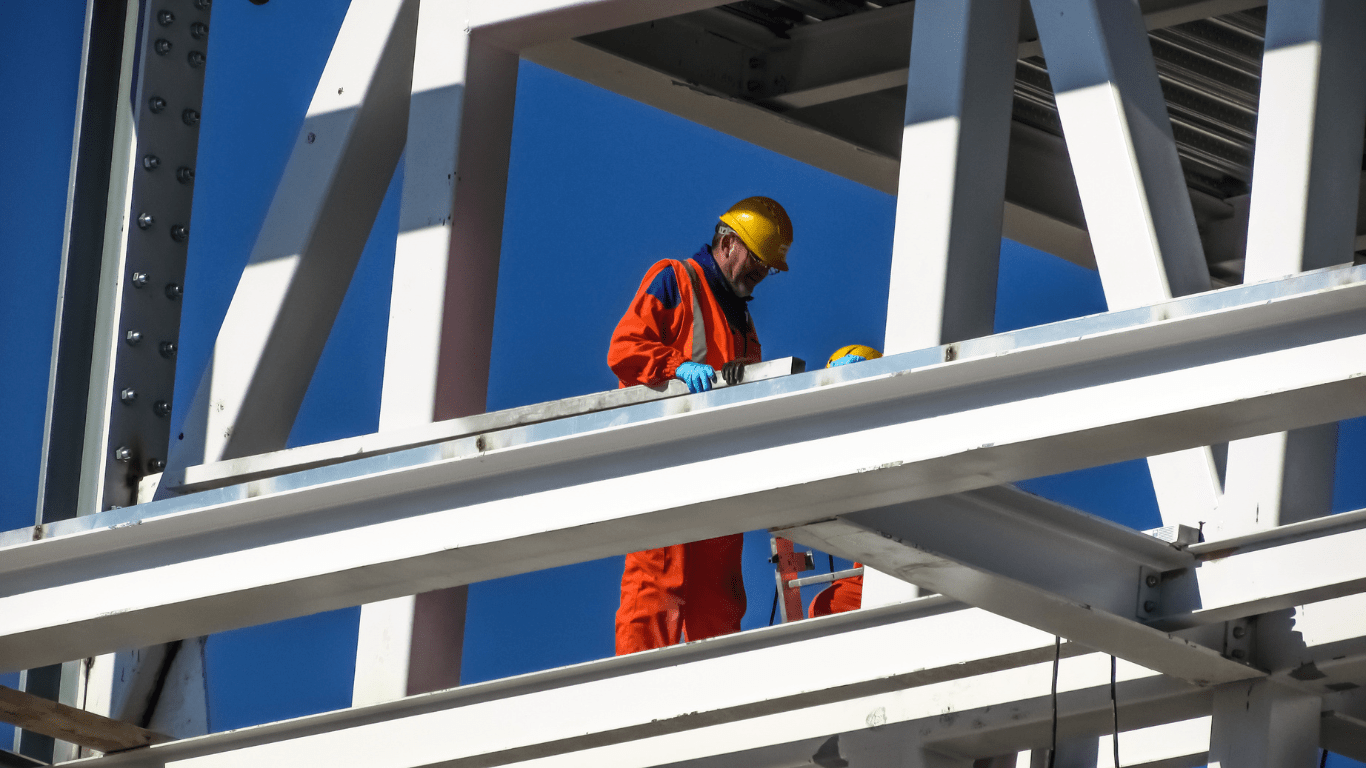Building construction photos offer a compelling insight into the intricate process of creating structures from the ground up. These images serve a variety of purposes, including documentation, education, marketing, and inspiration. Whether you’re a photographer, contractor, or enthusiast, capturing and understanding construction photos can significantly enhance your appreciation of the industry.
This article explores the significance of construction photography, how to capture impactful images, and its role in the construction sector.
Table of Contents
ToggleThe Importance of Building Construction Photos
Documenting Progress
Construction photos act as a visual timeline, capturing each phase of development from site preparation to project completion. They ensure transparency and accountability, making them a vital resource for contractors, architects, and clients alike.
Enhancing Marketing and Branding
High-quality construction photos showcase the expertise of construction companies. They are used in portfolios, websites, and social media campaigns to attract clients and demonstrate the company’s capability.
Educational and Training Resources
Construction photos are invaluable for educating engineering students, architects, and new contractors. They visually depict the application of construction techniques, tools, and materials in real-world settings.
Legal and Safety Evidence
Photos also play a crucial role in legal disputes and claims. They provide a factual record of safety protocols and work quality, which can resolve conflicts effectively.
Key Phases of Construction Captured in Photos
Pre-Construction
This phase involves land clearing, surveying, and site preparation. Photos at this stage focus on initial groundwork, heavy machinery, and the mobilization of resources.
Foundation and Framing
The foundation stage showcases the structural base of the project, including concrete pouring and reinforcement. Framing photos highlight the skeletal structure, giving a glimpse of the building’s framework.
Mechanical Systems Installation
Images of plumbing, electrical wiring, and HVAC systems reveal the technical intricacies of ensuring a functional building. These photos are essential for tracking utility installations.
Finishing Stages
Capturing the finishing touches, including interior design, painting, landscaping, and inspections, highlights the aesthetic appeal and functionality of the completed project.
Benefits of Construction Photography
For Contractors and Architects
- Builds an impressive portfolio for future projects.
- Improves communication with clients through visual progress updates.
- Enhances project management and quality assurance.
For Clients
- Provides visual assurance of work quality.
- Facilitates better understanding of construction milestones.
- Encourages trust and transparency in the contractor-client relationship.
For the Industry and Community
- Promotes innovative designs and construction methods.
- Inspires future architectural and urban development trends.
Tips for Capturing High-Quality Construction Photos
Focus on Lighting
Good lighting is key to capturing clear and vibrant images. Early morning or late afternoon light works best for natural and balanced lighting.
Choose the Right Angles
Wide-angle shots provide a complete view of the construction site, while close-ups showcase intricate details like material textures and technical elements.
Prioritize Safety
Always wear protective gear and follow site safety protocols when photographing construction sites.
Highlight Unique Features
Emphasize the distinctive aspects of the project, such as eco-friendly materials, architectural innovations, or advanced construction techniques.
Maintain Consistency
Capture photos from the same angle throughout the project to compare progress over time.
Tools and Equipment for Construction Photography
Recommended Cameras
- DSLR cameras like Canon EOS or Nikon D series for professional quality.
- Mirrorless cameras for compact and high-resolution shots.
- Smartphones with advanced camera modes for convenience.
Accessories for Better Shots
- Tripods for stability, especially in low-light conditions.
- Wide-angle lenses for expansive shots of the construction site.
- Drone cameras for aerial photography, offering a unique perspective.
Editing Software
- Adobe Lightroom and Photoshop for enhancing image quality and adjusting brightness, contrast, and colors.
Overcoming Challenges in Construction Photography
Weather Conditions
Unpredictable weather can impact image quality. Always check forecasts and use protective gear for your equipment.
Dynamic Environments
Construction sites are bustling with activity, making it challenging to capture sharp and clear images. Use a fast shutter speed to freeze motion effectively.
Safety Risks
Ensure proper training and permissions before entering construction zones. Always prioritize personal safety and adhere to guidelines.
Real-World Examples of Construction Photography
Skyscrapers and Urban Landscapes
Photos of iconic structures like the Burj Khalifa during its construction showcase the scale and complexity of such projects.
Sustainable Projects
Images of green buildings, such as Bosco Verticale in Milan, highlight the integration of sustainability into modern architecture.
Bridges and Infrastructure
Documenting massive infrastructure projects, such as the Golden Gate Bridge, captures the intricate engineering involved in creating such marvels.
Conclusion
Building construction photos are more than just images; they are a narrative of progress, innovation, and craftsmanship. By documenting each phase, they preserve the story of the hard work and creativity behind every structure. Whether you’re an industry professional or simply someone who appreciates the art of construction, these photos offer a unique glimpse into the world of architecture and engineering.
From capturing the first shovel in the ground to the final polish on a completed project, construction photography is an art form that continues to inspire and educate.

